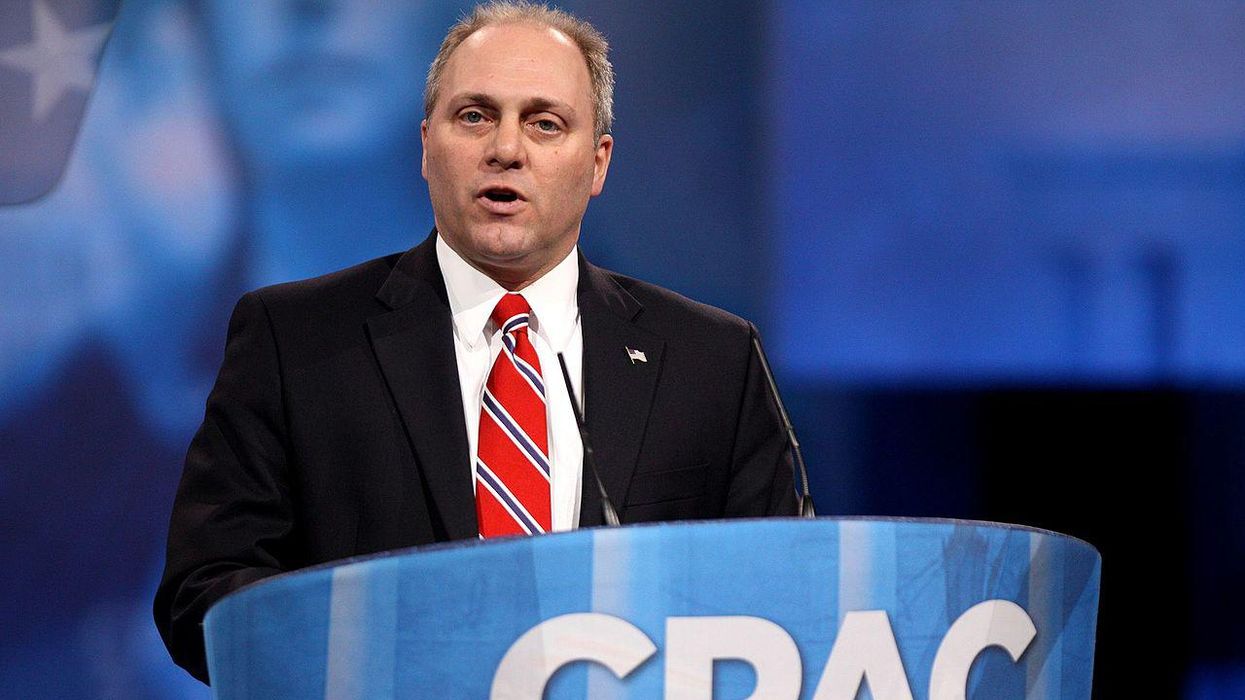At a congressional hearing scheduled for Thursday, members of the House Energy and Commerce Committee — which is chaired by Democratic Rep. Frank Pallone, Jr. of New Jersey — planned to question the CEOs of Twitter, Facebook and Google about misinformation that was spread online during and after the United States' 2020 presidential election. And according to Washington Post reporter Cat Zakrzewski, some of the GOP House members who will be participating spread debunked election fraud lies themselves.
Zakrzewski, who covers tech policy for the Post, reports, "House Democrats seeking to drill down on the spread of election fraud falsehoods on social media in advance of the January 6 Capitol riot need to look no further than some of their Republican colleagues."
According to Zakrzewski, "A Washington Post analysis found that seven Republican members of the House Energy and Commerce Committee who are scheduled to grill the chief executives of Facebook, Google and Twitter about election misinformation on Thursday sent tweets that advanced baseless narratives of election fraud, or otherwise supported President Donald Trump's efforts to challenge the results of the presidential election."
Zakrzewski notes that three of the Republicans on the House Energy and Commerce Committee — Rep. Billy Long of Missouri, Rep. Markwayne Mullin of Oklahoma and Rep. Buddy Carter of Georgia — tweeted or retweeted posts with the phrase 'stop the steal' in the chaotic aftermath of the 2020 presidential election." And Zakrzewski points out that others on the Energy Committee who "voiced their support for Trump's efforts to overturn the election" include Rep. Jeff Duncan of South Carolina, Rep. John Joyce of Pennsylvania, Rep. Debbie Lesko of Arizona and Rep. Richard Hudson of North Carolina.
On December 9, House Minority Whip Steve Scalise — another GOP member of the House Energy Committee — promoted Trump's election fraud lies when he tweeted:
Zakrzewski reports, "The Post worked with Darren L. Linvill, an associate professor at Clemson University, to analyze the tweets of the 15 Republican members of the House committee who voted to overturn the House election results. The Post reviewed tweets from these members between November 1 and March 22 that included key words related to claims of election fraud."


